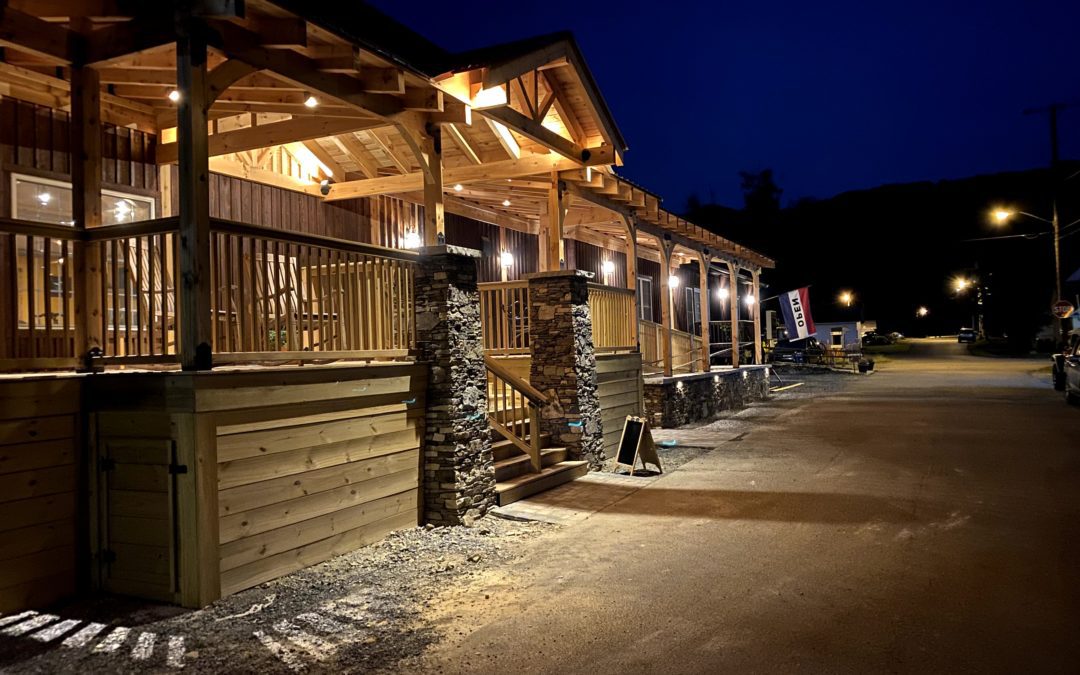In 1759, Daniel Boone blazed a trail from east Tennessee to Kentucky, facilitating European expansion to points west of the Appalachians. Many brave men and their families used Boone’s new trail to head west in search of adventure, fortune, and a better way of life. One of these brave souls was Mr. Henry Mock.
Henry Mock was born in Davie County, North Carolina, in 1794. When he was 27 years old, Mr. Mock and his family left his North Carolina home and followed the trail west toward Kentucky. This area was then an almost impenetrable jungle; the bottom land along the rivers was just as Daniel Boone found it on his first trip west. It was a dense forest of enormous hemlock, poplar, and white oak trees. Their foliage cut nearly all sunshine from the ground. The ground itself was saturated by the numerous springs whose waters were dammed by fallen timber, roots, rocks, and leaves. The Mountain Laurel and Rhododendron were so thick that a dog could barely penetrate the jungle. Mr. Mock was so struck by the natural beauty and financial possibilities of the locality that he decided to locate here. He bought some land, built a dam across Laurel Creek, put up a grist and sawmill on its banks, then tackled the forest and jungle around him. The community of Mocks Mill was born.
Mocks Mill became a favorite stop along Boone’s trail, and some of the people who stopped in over the years never left. The community slowly grew, but it remained more or less the same until General John D. Imboden purchased much of the Mock property in 1886 and changed the name from Mocks Mill to Damascus. He felt that Damascus would be an appropriate name for the town because he believed that the hills around it contained a treasure trove of iron ore, a belief that led him to develop big plans for turning Damascus, Virginia into a modern “steel city,” much like its famous namesake half a world away in Syria.
Damascus has adapted itself and adopted new industries several times since Henry Mock started it all so long ago, but the mill that bore his name remained in operation well into the 20th century. Today, the waterwheel has been removed and the building has been renovated into a first-class dining and lodging facility — the Damascus Old Mill Inn — a destiny that seems quite appropriate now that Damascus has become a thriving tourism mecca.
Come to Damascus and visit the Mill that started our beloved town, and enjoy the beauty and splendor that captivated the early settlers more than 100 years ago.

